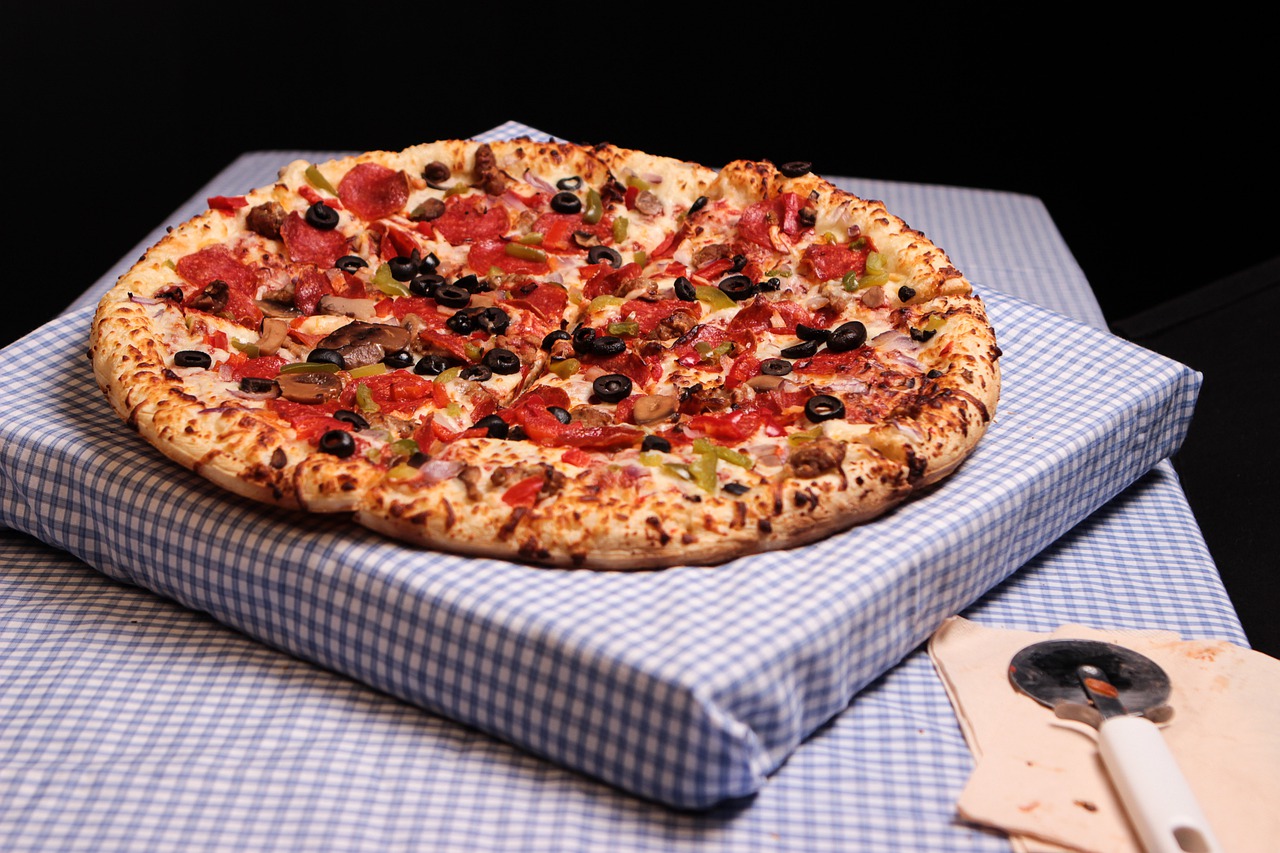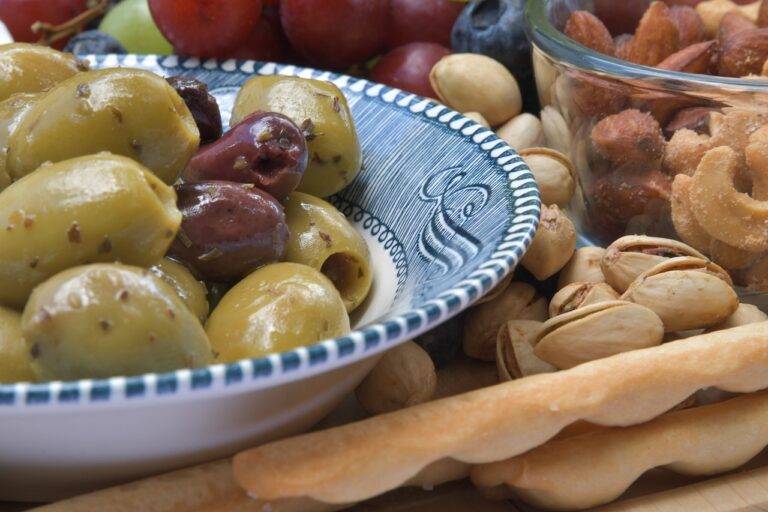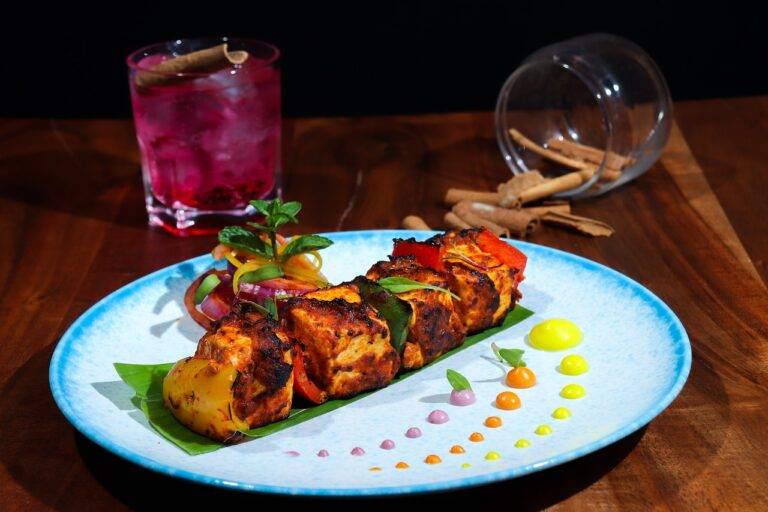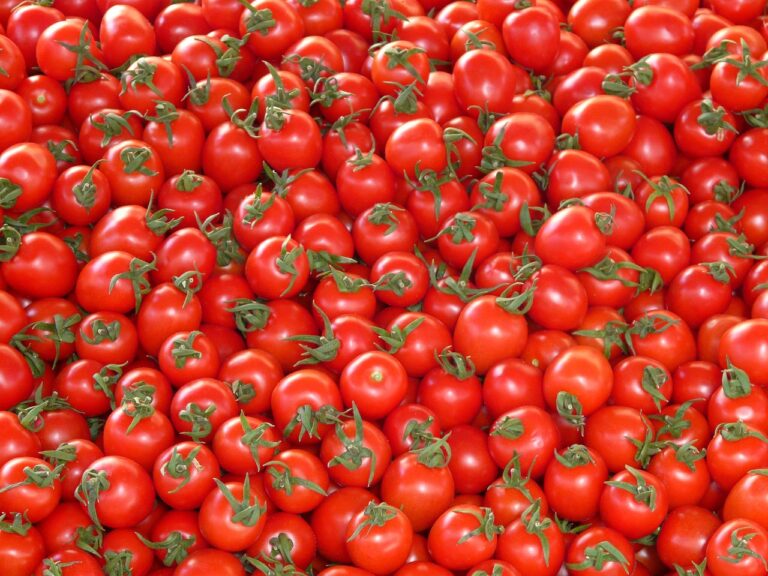The Role of Olive Oil in Preserving Traditional Recipes: Play 99 exchange, Lotusbhai, Playexch in login
play 99 exchange, lotusbhai, playexch in login: Olive oil has long been a staple in traditional cooking across various cultures. Its rich flavor, health benefits, and versatility make it a key ingredient in preserving traditional recipes that have been passed down through generations. In this article, we will explore the role of olive oil in maintaining the authenticity and taste of these cherished dishes.
### The History of Olive Oil
Olive oil has been used in cooking for thousands of years, dating back to ancient civilizations such as the Greeks and Romans. It was highly prized for its flavor and health properties, and its popularity spread throughout the Mediterranean region and beyond. Olive oil became a symbol of wealth and abundance, and its cultivation and production techniques were carefully guarded secrets.
### Traditional Recipes and Olive Oil
Many traditional recipes rely on olive oil for both its flavor and its properties. Olive oil adds depth and richness to dishes, enhancing the overall taste profile. It is commonly used in dishes such as salads, pasta sauces, marinades, and dressings. The use of olive oil in these recipes helps to preserve their authenticity and ensures that they retain their traditional flavor.
### Health Benefits of Olive Oil
In addition to its culinary benefits, olive oil is also prized for its health properties. It is rich in monounsaturated fats, antioxidants, and anti-inflammatory compounds. Studies have shown that olive oil consumption can help reduce the risk of various diseases, including heart disease, cancer, and diabetes. By incorporating olive oil into traditional recipes, we can not only preserve their taste but also promote overall health and well-being.
### Incorporating Olive Oil into Modern Cooking
While traditional recipes have stood the test of time, modern chefs are finding creative ways to incorporate olive oil into new and innovative dishes. Olive oil is being used in everything from baked goods to cocktails, adding a unique twist to classic recipes. Its versatility and flavor make it a favorite ingredient among chefs looking to add depth and complexity to their creations.
### Sustainability and Olive Oil Production
As the demand for olive oil continues to grow, sustainability has become an important issue in the industry. Traditional methods of olive oil production, such as hand-picking and stone-milling, are more sustainable and environmentally friendly than modern mechanical methods. By supporting traditional olive oil producers, we can help preserve the authenticity of traditional recipes and promote sustainable practices in the industry.
### FAQs
Q: Can I substitute olive oil with other oils in traditional recipes?
A: While olive oil is a key ingredient in many traditional recipes, you can experiment with other oils if necessary. However, keep in mind that olive oil has a unique flavor profile that may not be replicated with other oils.
Q: How should I store olive oil to ensure its freshness?
A: Olive oil should be stored in a cool, dark place away from heat and light. It is best to use olive oil within a few months of opening to ensure its freshness and flavor.
Q: Are there different types of olive oil that are best suited for cooking?
A: Extra virgin olive oil is generally considered the best option for cooking due to its high quality and flavor. However, you can also use other types of olive oil, such as virgin or light olive oil, depending on the dish you are preparing.
In conclusion, olive oil plays a crucial role in preserving traditional recipes by enhancing their flavor, promoting health benefits, and supporting sustainable practices in the industry. Its rich history and versatility make it a timeless ingredient that will continue to be a staple in kitchens around the world for generations to come.







